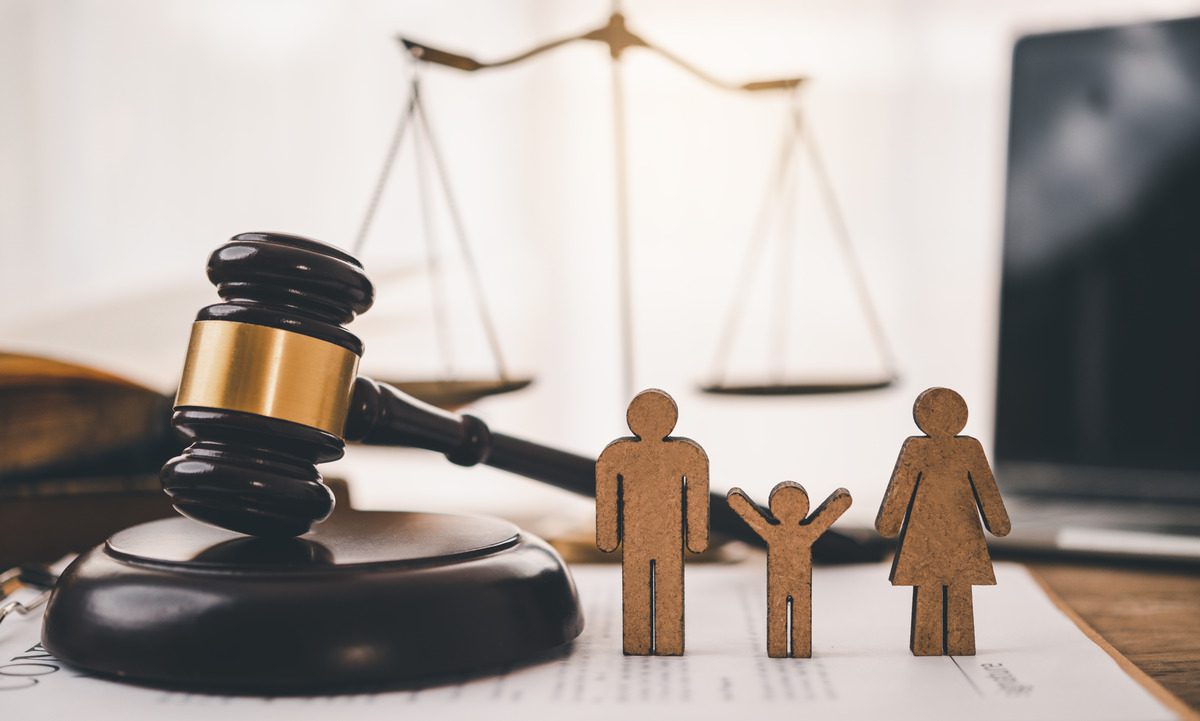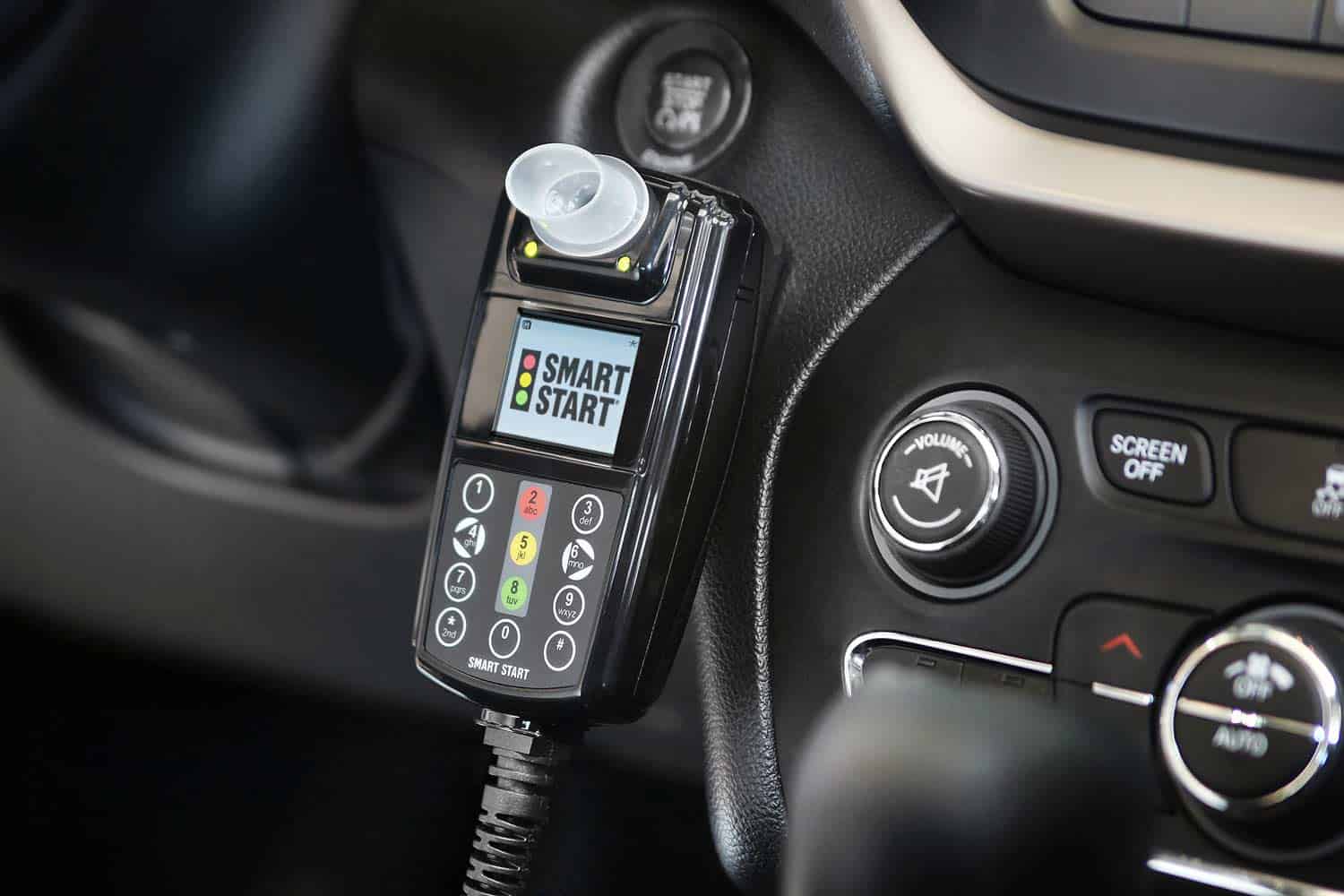It’s a question that rattles many caregivers the moment they find themselves facing charges—can guardianship be taken away for a DWI? If you’re a parent, legal guardian, or caretaker of a vulnerable adult or minor child, the implications of a DWI arrest or conviction stretch far beyond legal penalties. The heart of the matter isn’t just your record or your license—it’s whether you’ll still be seen as a fit guardian in the eyes of the law.
This article dives deep into the consequences a DWI can have on your role as a guardian. We’ll unpack how courts weigh these cases, look at real-life scenarios, explore the laws involved, and offer critical insights into how to protect your rights and the people who depend on you.

Understanding Guardianship: Your Legal Responsibility
To fully grasp can guardianship be taken away for a DWI, you need to understand what guardianship really entails. A guardian is someone appointed by a court to make decisions on behalf of another person—usually a child or an incapacitated adult.
This isn’t just about day-to-day care. Guardianship carries legal, medical, financial, and emotional responsibilities. It can involve:
- Making decisions about schooling or medical care
- Managing property or financial matters
- Ensuring safety and wellbeing
- Providing housing, food, and emotional support
Because guardianship involves such a high level of trust, any conduct that puts that trust in question—like a criminal offense such as DWI—can potentially trigger a legal challenge or court review.
Real-Life Example: Sarah’s Sobering Wake-Up Call
Let’s paint a picture. Sarah is a 34-year-old aunt with full guardianship over her niece, Mia, after the child’s parents passed away in a car accident. Sarah has no criminal history and has been caring for Mia for four years.
One evening, Sarah has a glass of wine at dinner with friends. Feeling fine, she drives home but is pulled over after swerving slightly. HerBAC tests at 0.09%, just over the legal limit. She’s arrested for DWI.
The next morning, she’s released—but now she’s panicking. Can guardianship be taken away for a DWI in her case? Does one mistake jeopardize years of caretaking?
The answer isn’t black and white—but there’s a legal process that determines the outcome.
How Courts Assess Guardianship Fitness After a DWI
The court doesn’t immediately revoke guardianship after a single DWI. Instead, judges assess whether the guardian’s conduct creates a pattern of behavior or raises significant concerns about the child or ward’s safety.
Here’s what they look at:
Severity of the DWI
- Was it a first offense or repeat offense?
- Was the guardian alone, or was the child in the car?
- Was there an accident or injury?
- What was the BAC level?
- Were drugs involved?
Circumstances Around the Arrest
- Time of day (was it during school pickup hours?)
- Was the guardian impaired while actively caring for the child?
- Was there a history of reckless or unsafe behavior?
Criminal History
- Is this the guardian’s only criminal offense?
- Are there other related charges (e.g., child endangerment)?
- Is the person on probation or facing other legal sanctions?
Evidence of Rehabilitation or Remorse
- Did the guardian complete court-ordered treatment?
- Are they in a substance abuse program?
- Have they taken proactive steps (e.g., installing an interlock device)?

Courts are not eager to separate children from stable, loving caregivers. But when they believe a guardian’s behavior threatens the child’s safety or development, they may take legal action—even removing guardianship in extreme cases.
When a DWI Triggers an Investigation
A major factor in whether guardianship can be taken away for a DWI is whether the arrest leads to involvement from Child Protective Services (CPS) or the court that appointed the guardianship.
Here’s what can happen:
- The DWI arrest is reported to CPS (especially if a child was in the car).
- A caseworker opens an investigation into the child’s living conditions and safety.
- The court may schedule a status hearing or fitness review to determine whether the guardian should continue in that role.
- Temporary guardianship may be granted to a relative or foster parent during the investigation.
- If warranted, permanent guardianship could be revoked.
That’s why the question can guardianship be taken away for a DWI often depends on whether the offense sets off a chain reaction of scrutiny and legal review.
DWI with a Child Passenger: A Felony Game-Changer
There’s a massive difference between a solo DWI and one that involves a child passenger. In Texas and many other states, DWI with a child under 15 in the vehicle is a felony—even if it’s your first offense.
Felony DWI charges raise red flags for family courts and guardianship judges.
If the child you’re transporting is also the child you’re legally responsible for, the state may view this as direct endangerment—which courts consider grounds for terminating or modifying guardianship.
This kind of case often includes:
- CPS involvement
- Court-mandated parenting classes or substance abuse treatment
- Temporary removal of the child
- Possibility of being permanently disqualified from guardianship roles
So if you’re wondering can guardianship be taken away for a DWI, the answer is far more likely to be “yes” if the child was present at the time of the offense.
Impact on Existing vs. Future Guardianship
Another layer to consider is whether you’re already a guardian—or you’re hoping to become one. A DWI can affect both scenarios, but in different ways.
If You’re an Existing Guardian
- The court may not automatically revoke guardianship unless there’s a pattern of endangerment.
- You may be placed under increased scrutiny or supervision.
- Additional court hearings may be required to keep your status.
If You’re Seeking Guardianship
- A recent DWI, especially one involving drugs or minors, could disqualify you.
- The court may see it as an indicator of poor judgment or instability.
- Background checks and CPS records will be thoroughly reviewed.
- Competing family members may use your DWI to argue you’re unfit.

So yes, guardianship can be taken away for a DWI—and in some cases, you may never be granted it to begin with.
Real-Life Example: James’ Second Chance
Let’s consider James, a 42-year-old father who regained custody of his teenage son after battling alcoholism for years. Two years into rebuilding their life, James is arrested for a second DWI. This time, his son wasn’t in the car—but the court sees the relapse as a regression in judgment.
James’s guardianship is reviewed. A judge orders him to enter a six-month substance abuse program and temporarily places the teen with James’s sister.
Here’s the twist: James fully complies with treatment, attends counseling, and proves his stability. After eight months, guardianship is restored.
This example shows that even if guardianship is taken away for a DWI, recovery and redemption are possible—but it takes effort, honesty, and court-approved rehabilitation.
Legal Defenses and Protective Measures
If you’re facing a DWI and are concerned about your guardianship status, there are ways to protect yourself and the people depending on you:
Hire a Defense Attorney Immediately
You need someone who understands both criminal defense and family court dynamics. Your attorney can help you:
- Fight the DWI charge or negotiate a lesser offense
- Protect your court record and reputation
- Minimize exposure to CPS or guardianship reviews
Be Proactive With the Court
Show the court you take the matter seriously by:
- Enrolling in a voluntary substance abuse program
- Attending parenting classes
- Offering to submit to random drug or alcohol testing
- Showing letters of support from counselors, employers, or family members
These actions demonstrate accountability, which courts favor when evaluating can guardianship be taken away for a DWI on a case-by-case basis.
How a DWI Affects Custody vs. Guardianship
It’s important not to confuse guardianship with child custody, though both relate to caregiving roles.
- Guardianship is typically granted through probate or dependency court and involves ongoing legal authority to care for someone.
- Custody is usually handled in family law court and relates to parental rights.

However, a DWI can impact both. A parent in a custody battle may lose time-sharing rights or face supervised visitation due to a DWI arrest—especially if drugs or reckless driving were involved.
So if your question is broader than just “can guardianship be taken away for a DWI” and includes custody concerns, be prepared for overlapping legal battles.
Final Thoughts: Can Guardianship Be Taken Away for a DWI?
So, can guardianship be taken away for a DWI? The answer is yes—but it’s not automatic. Courts weigh the severity of the offense, your history, the child’s safety, and your willingness to correct behavior. A first-time DWI without aggravating circumstances may result in increased oversight—but not termination. However, a DWI with a child in the car, repeat offenses, or signs of addiction could lead to removal.
Ultimately, guardianship is about trust. The court must believe you’re capable of putting someone else’s needs before your own—especially in moments of pressure or vulnerability.
A DWI doesn’t just test your driving—it tests your fitness to care for others. And in the legal world, that’s a test you want to pass with clarity, honesty, and action.

